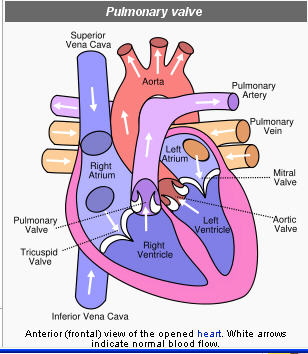Peer-Reviewed Journals continue to cite invalidated studies
Yes, the question remains--as Groucho Marx used to ask--Who do you trust? Seems some medical experts support continue to support their conclusions with data from studies that have long been invalidated in clinical trials. This report says they've proven this so far for at least Vitamin E, estrogen, and beta carotene. Here are the facts on estrogen:
"For estrogen, 61.7% of 47 articles published in 2006 indicated the hormone may protect against Alzheimer's disease on the basis of a 1996 observational study, even though a clinical trial in 2004 found a trend for increased risk of dementia in postmenopausal women taking estrogen. Of the remaining articles, 29.8% were equivocal, and 8.5% were unfavorable. "Reminds me of the joke about the elephant--each person describes the creature according to how much of which parts he can feel. That's how it is the world of Internet marketing these days, too. What constitutes "truth" can change so rapidly that most people can never catch up to it all.
And we want better from everyone--but especially our medical professionals.
Labels: Alzheimer's disease, beta carotene, clinical trials, dementia, estrogen metabolism, invalidated studies, postmenopausal women, vitamin E







